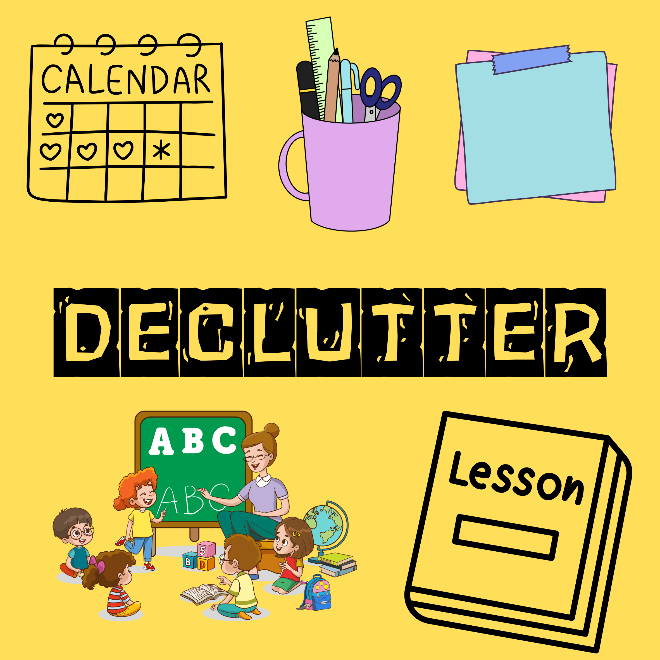January 20th, 2026
Some time ago, a good friend (who incidentally has zero professional teaching experience) took on a challenge: teaching Sunday school along with his wife. While leading the group, he noticed his wife at the back of the room giving him the universally understood “cut it off” signal. After class, she informed him that he had been repeating himself too much, and she’d gotten bored. The implication was that the kids were getting bored as well.
This begged the question, “were the kids getting bored?” My friend reasoned he had simply been reinforcing some key teaching points. So who was right, my friend or his wife?
Without taking sides, it’s good for us adults to remember that a child’s mind works quite differently than our adult mind. And especially for young children, repetition can and should be an important component of the overall learning experience.
Repetition is Crucial to English Learning Success
When it comes to English language learning, repetition is essential. With enough exposure, the brain develops an English realm – an infrastructure for processing and reproducing English sounds, thoughts, and expressions. After this infrastructure is well-established, the brain can easily store additional, and more complex, expressions. This takes a tremendous amount of patience, planning, and hard work—on the part of the teacher.
Children have an amazing ability to absorb language. They can learn numerous songs, chants, poems, stories, and conversational expressions just by listening to them once or twice a day. At first, children will mostly listen. Gradually, they will begin to join in and sing or speak along with the teacher. Eventually, they will be able to use the language and expressions on their own, applying them when interacting with the teacher and with each other.
The value of repetition is confirmed in both educational and brain research: repetition creates efficiencies in the neural networks, promotes fluency and proficiency, and helps move information into long-term memory. These effects are greatly enhanced by curricula that is by design cyclical or spiraling in nature.
Creating an Emotional Connection
To repeat (pun intended), repetition is an important piece in the language learning puzzle. But it’s just one piece. Students need an emotional connection with both the teacher and the material. It’s this emotional connection that motivates them to listen attentively and repeat the material daily—until the expressions become so familiar that the students can use them naturally for communication. So if the children are getting bored, it’s a sign that something is not working. If you’re not sure, invite your spouse in to observe.
Interested to learn about a program that lays out a progressive model of repetition while fostering the emotional connection between teacher and student? Contact us!





